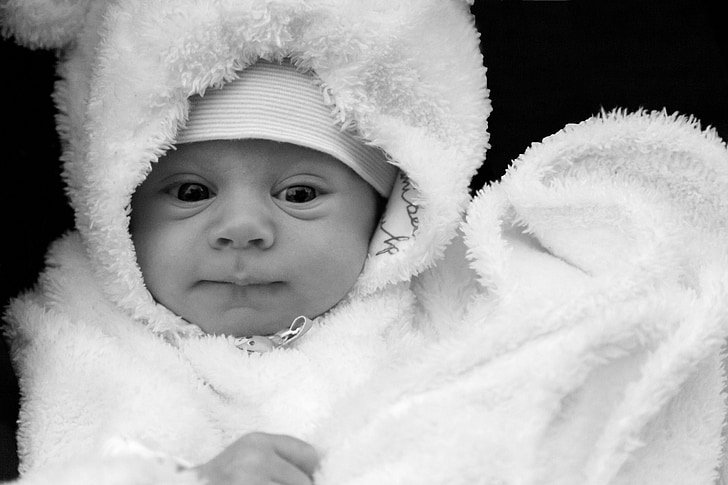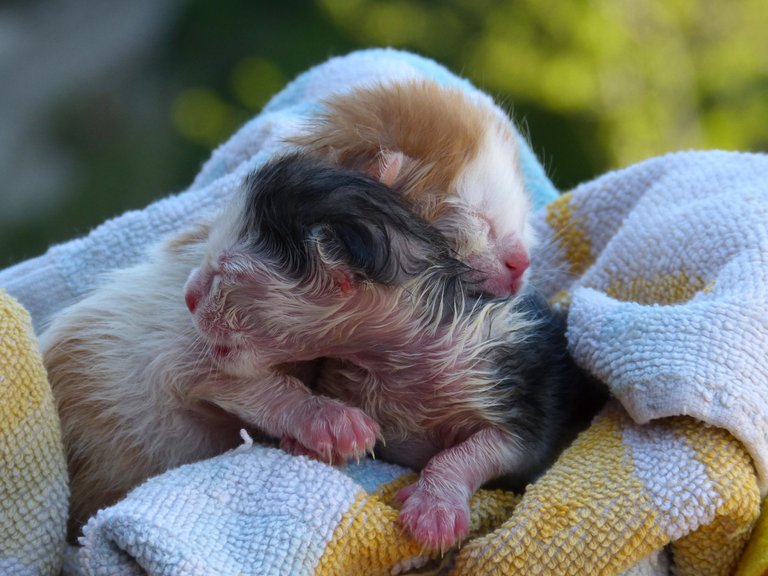After the births of Giraffes, they are able to stand, walk and even fend on their own within ours and the same thing goes for blue whales whose infant can swim to the surface of the ocean just after being born, and this is the same for almost all mammals. They are able to perform the same functions as their parents even when they are not as strong as their parents but when it comes to humans, it isn't the same for humans who are intelligent and smart. When we are born, we cannot move our body, or do as simple as communicate with out parents also we do not completely have an understanding of our world. Why do we not have this type of growth being that we are very smart?
When we begin life, we begin so undeveloped, not knowing anything or understanding anything, something like a fresh hard drive with no information. For the first few months, we are usually underdeveloped and that is why people usually call this stage the forth trimester of pregnancy because it is almost like a person is pregnant again with lots of fatigue, the only difference is this time the child is in your hands. So when we are talking about children and underdevelopment after birth, we are at he altricial end of the spectrum compared to the infants of cows, and other animals that begin to walk almost immediately.

www.pickpik.com
Depending on the environment, our parents would have to keep us and protect us for years while instilling a lot of things into us and this is because our brains aren't completely formed at birth. When we are born, we come out with a brain 30% lesser than the size of the adult brain, and it is the smallest when compared to our primate relatives. For a long time scientist have been able to explain the small brain of humans with Obstetric Dilemma where our brain is sized in the way that it fits into our head at the beginning but this doesn't hold water.
Metabolism an be a better answer to the question. As the child grow, more needs are required from the mother. The mother starts by growing a new organ referred to as the placenta just to help the child feed and then they are able to grow a human. We can say that the Basal Moetabolic rate (BMR) of humans is what determines when our child is born as the baby begins to demand more energy than the mother can provide and this happens in 9 months. What I just stated to you is the Energetics of Gestation and Fetal Growth hypothesis (E.G.G).
Research has shown that modern human brains do not develop until completely until age 25 but if we are to look at our ancestors, there were a lot of things that could have caused their brain to develop more and make them intelligent such as wanting to communicate since we are social species, hunting, making tools, and many more.
Human infants are born much less developed than other mammals due to the high metabolic demands of their growing brains. This prolonged period of dependency allows for extensive brain development and learning, which are crucial for our complex social structures and advanced cognitive abilities. Understanding this unique aspect of human development highlights the intricate balance between biology and evolution in shaping who we are.
Reference
https://www.pnas.org/doi/10.1073/pnas.1205282109
https://pubmed.ncbi.nlm.nih.gov/22932870/
https://www.ncbi.nlm.nih.gov/pmc/articles/PMC8518115/
https://www.pnas.org/doi/full/10.1073/pnas.1506752113
https://www.ncbi.nlm.nih.gov/pmc/articles/PMC10427473/
https://ui.adsabs.harvard.edu/abs/2016PNAS..113.6874P/abstract
https://www.ncbi.nlm.nih.gov/pmc/articles/PMC4922176/


